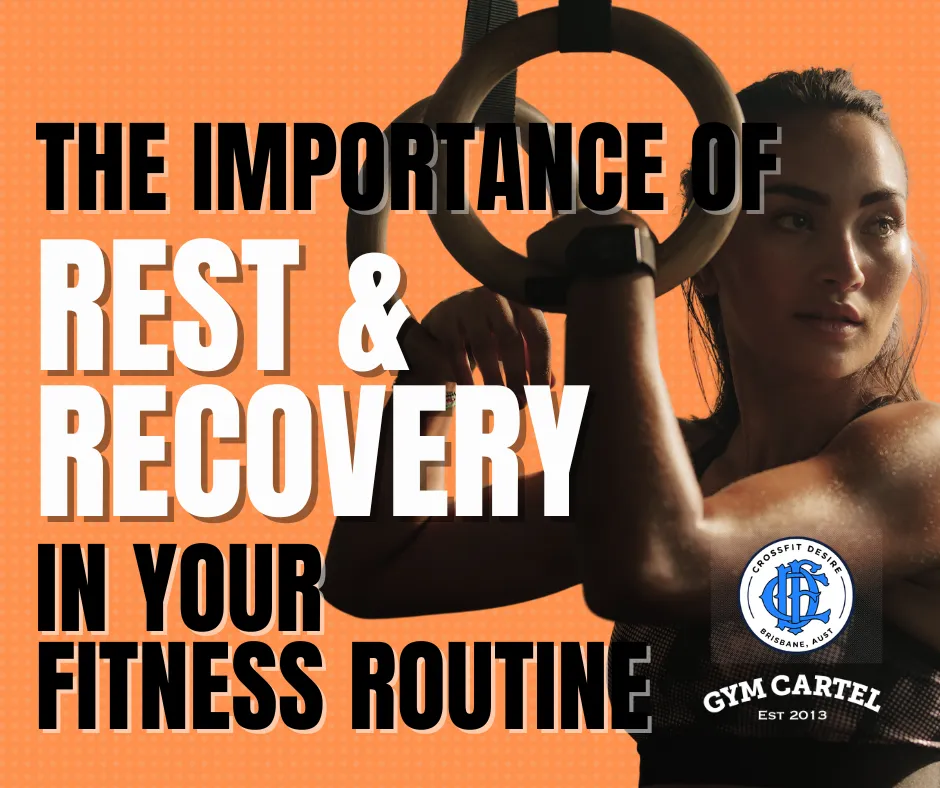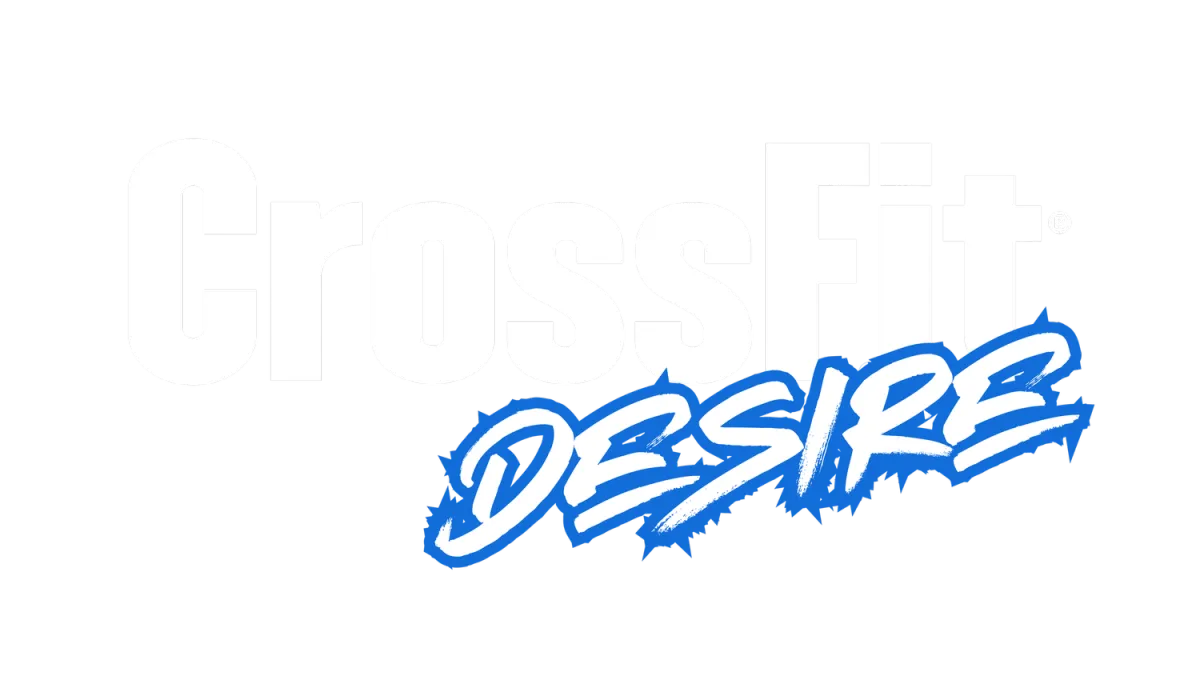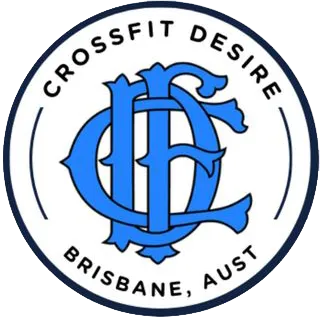Our blog is packed with expert tips and exciting content to help you crush your goals and transform your life. Whether you're a fitness fanatic or just beginning your journey, our blog is your ultimate guide to staying fit, energized, and inspired. Don't miss out—explore our latest posts and join our vibrant community today!

The Importance of Rest and Recovery in Your Fitness Routine
Rest and recovery often don’t get the attention they deserve, but they are crucial to any effective fitness regimen. We live in a world that glorifies the grind, where "no pain, no gain" is the motto. But sometimes the best way to make gains is to take a step back and let your body recharge. It’s not about slacking off; it’s about working smarter, not harder.
Why Rest and Recovery Matter
First off, let's clear the air – rest and recovery aren't just code words for being lazy. They are essential components of any effective fitness regimen. When you work out, especially if you're lifting weights or doing high-intensity exercises, you are actually causing tiny tears in your muscle fibers. It's during rest that these fibers repair and grow stronger. Without adequate recovery, you’re setting yourself up for a one-way trip to Overtrainingville – population: you.
Imagine your body as a car. You wouldn’t keep driving it without ever stopping for gas, oil changes, or maintenance, right? The same logic applies here. Pushing your body without proper recovery time can lead to burnout, injuries, and a frustrating plateau in your progress. Trust me, I'm a culprit myself and I’ve seen it happen more times than I can count on others
The Signs of Overtraining
You might be wondering, "How do I know if I'm overtraining?" Great question! Here are a few red flags to watch out for:
Persistent Fatigue: If you’re feeling exhausted all the time, even after a full night's sleep, it might be a sign you're overdoing it.
Decreased Performance: Not hitting your usual numbers or feeling weaker than before? It could be your body telling you to pump the brakes.
Mood Swings and Irritability: Overtraining can mess with your hormones, leading to moodiness or even depression.
Sleep Disturbances: Ironically, while fatigue is a symptom, overtraining can also cause insomnia or restless sleep.
Increased Illness: A weakened immune system can be another indicator. If you find yourself getting sick more often, your body might be crying out for some downtime.
How to Incorporate Rest and Recovery
Okay, so we’ve established that rest is crucial. But how do you actually incorporate it into your routine without feeling like you're slacking off? Here’s a practical approach:
Schedule Rest Days: Just like you schedule your workouts, plan your rest days. Aim for at least one or two full days of rest per week. This doesn’t mean you have to be a couch potato; light activities like walking or yoga can still keep you moving without overtaxing your muscles.
Listen to Your Body: Sometimes, your body will tell you when it needs a break. If you’re feeling unusually sore or tired, don’t push through it. Take a step back and allow yourself to recover.
Prioritise Sleep: Quality sleep is non-negotiable. This is when your body does most of its repair work. Aim for 7-9 hours of sleep per night and maintain a consistent sleep schedule.
Nutrition and Hydration: Fueling your body with the right nutrients and staying hydrated plays a huge role in recovery. Protein is particularly important for muscle repair, so make sure you're getting enough.
Active Recovery: On days off from intense training, engage in low-impact activities. Stretching, foam rolling, or even a leisurely swim can help maintain blood flow to your muscles and aid in recovery.
The Balance of Stress and Recovery
Accumulating too much stress, both from training and life, can derail your progress. Physical stress from workouts combined with everyday stressors like work, family, and social obligations can put your body in a constant state of fight-or-flight. This chronic stress can lead to elevated cortisol levels, which might hinder muscle growth and fat loss.
Here’s where the magic of balance comes in. Incorporating rest and recovery into your routine helps mitigate these stress levels. It’s not just about the physical aspect; mental recovery is equally important. Taking time to relax, meditate, or engage in activities you enjoy can reduce overall stress and improve your mental health.
Remember, fitness is a marathon, not a sprint. It’s about finding a sustainable routine that includes both hard work and the necessary downtime. By prioritising rest and recovery, you’re not only setting yourself up for better physical gains but also ensuring long-term health and happiness. So, the next time you feel guilty about taking a day off, just remind yourself that you’re doing your body a favour. After all, a well-rested body is a stronger, more resilient one.
Ready to Get Started?
Click on the button below to get started.
Copyright ©2025 CrossFit Desire. All rights reserved


